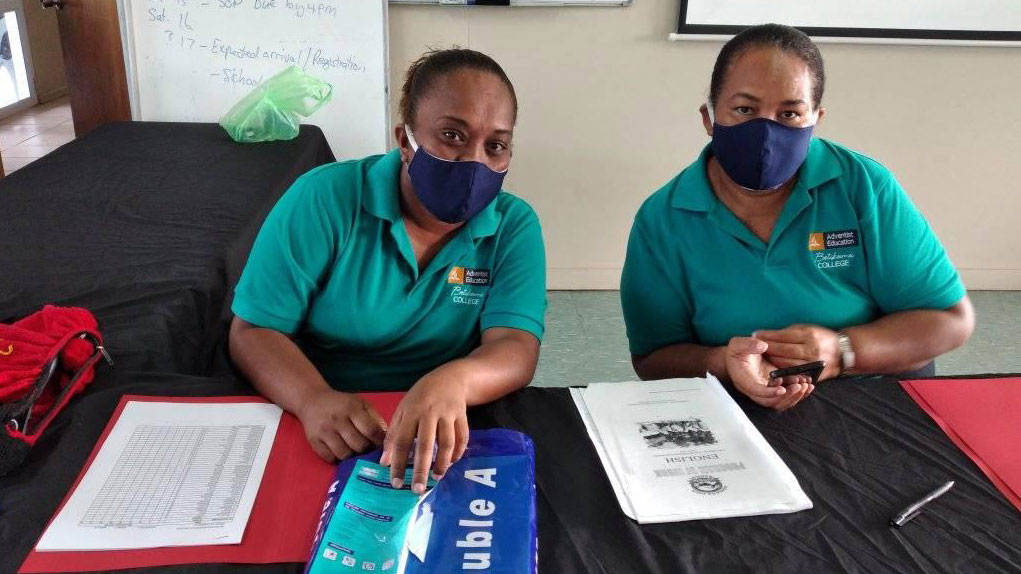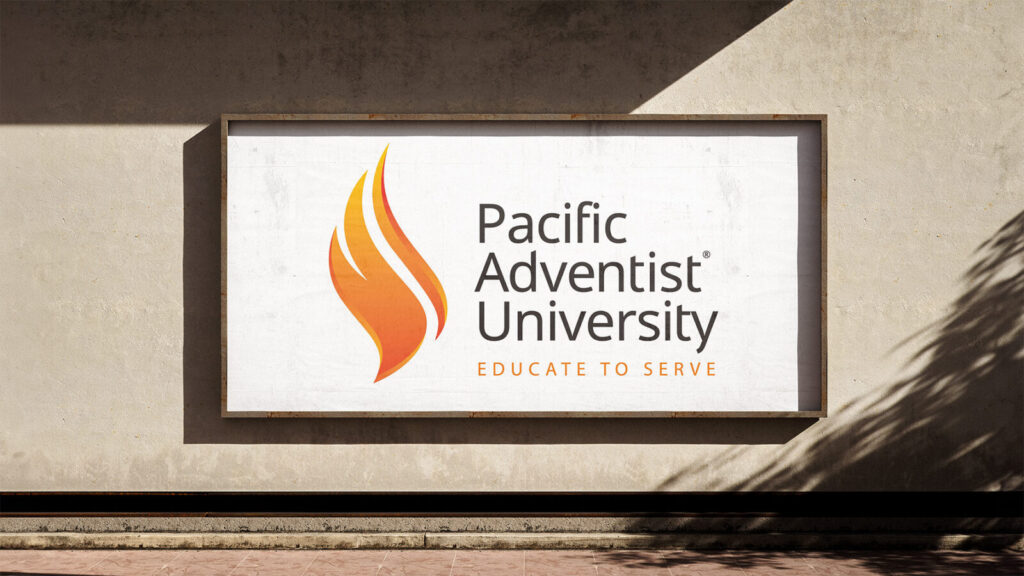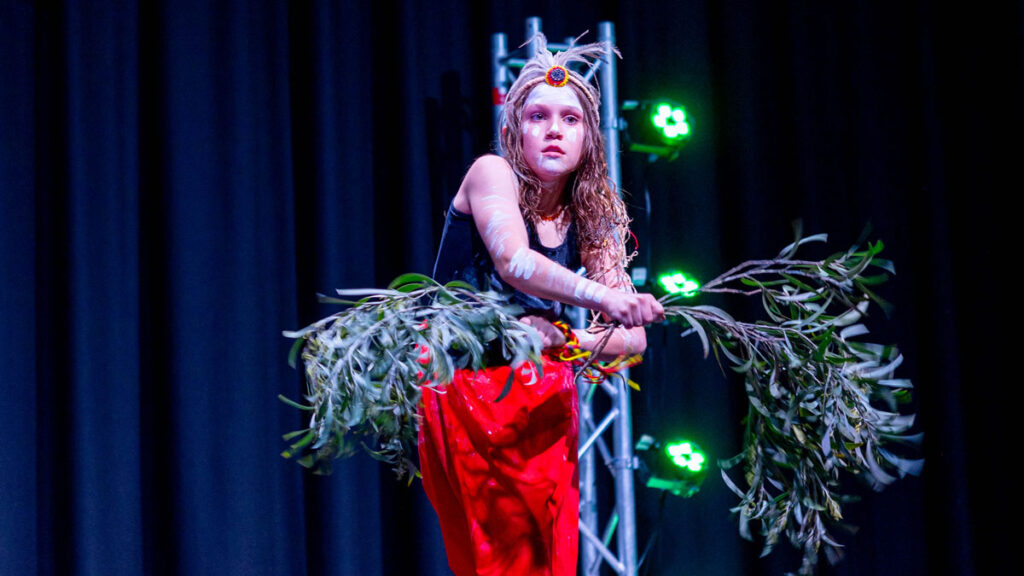School leaders from the Trans Pacific Union Mission report on how their schools have adapted to the challenges of COVID-19.
Betikama Adventist College (BAC), Solomon Islands
Teachers and ancillary staff and their families remained on campus during the lockdown. They felt that Betikama was their safest place to be.
The college administration looked for ways to pull together as a team to support each other. Activities were held to bring support and comfort to everyone. The church organised 50 Days of Prayer readings for each morning and evening and two weekends of fasting and prayer. Working bees were held at the college farms, dormitories, campus and staff gardens. Where possible, the college organised get-together meals to sustain all families on campus facing difficulties with food supplies. Seeing an opportunity to help, the BAC Alumni, under the leadership of Jillian Tutuo, James Bauro and Ronelle Panda, organised a donation-in-kind for the ancillary staff, which was gratefully received.
While at home the students were encouraged by their parents to do home readings, journalling and basic arithmetic. Now back at school, they are learning about maintaining social distancing and the importance of personal hygiene practices. Students are expected to come to school with at least two face masks, soap and sanitiser.
—Partinson Bekala

Solomon Islands Mission Education office
Coronavirus has brought in a new reality for school children, parents, churches and a team of education specialists comprising Mission education department officers, principals and teachers who evaluated how to continue children’s learning.
Among the benefits of the new ways of teaching and learning:
- parents, community, church, and teachers teamed up to give their quality time and undivided support to the wholistic development of the individual children
- students felt affirmed and valued by their community
- all students learned life-long skills and values that will prepare them to be resilient in whatever situations they may encounter
- parents and community experts have been able to pass on indigenous skills and worthy values that are disappearing at alarming rates
- writing, reading and language skills have been taught through children writing and retelling their stories to their teachers
—Joseph Pitakia

Beulah Adventist College, Tonga
The World Health Organization in partnership with the Tonga Ministry of Education elected Beulah College and Beulah Primary school as one of 20 pilot schools to be part of the Health Promotion School program.
Through this program, staff and students were introduced to hygiene and sanitation awareness. According to Patea Aho, the deputy principal, it was a timely message—when schools were temporarily closed due to the COVID-19 restrictions, teachers and students already knew the importance of washing hands and personal hygiene.
The Health Promotion School program has provided Beulah with the materials to install 10 washing basins. While they are awaiting construction, each class built their own “tippy-taps” for use every day prior to lunch.
With the school now resuming its normal program, the schedule includes Wednesdays for class sharing time with healthy lunches, while Friday is the fruit and water day. On Fridays, the teachers also allocate an hour for the students to exercise to help them stay fit and healthy.
Tupou Cocker, a Form 4 student, said he really likes the program—he never eats fruit at home, but the program encourages him to buy an apple rather than noodles.
—Patea Aho

Epauto Adventist High School, Vanuatu
The school had one week to prepare a home school package for students, which they accomplished in four days.
Getting the homework completed by the students was challenging though. Because of the State of Emergency, some of the students who were living with guardians moved back to their parents’ homes and that made it very difficult for teachers to follow up with the students on their studies. For the seniors, the teachers were already using a group chat platform and that was helpful during the lockdown.

Moodle is the new platform being used to provide online learning for students. Training on this platform was a challenge due to social distancing requirements so the 561 students were split into 28 groups. At the moment the teachers are looking for ways to help students with no devices and those living in areas without reception.
—Willie Luen
Samoa Adventist College
When classes resumed recently quite a few parents came to enrol their children in Samoa Adventist College. Some parents saw the effort that the teachers had put into creating home packages for the students and in the online sessions, and they were impressed. They saw that they were doing something different and they wanted to enrol their kids in the school.
—Tepora Fuimoano







